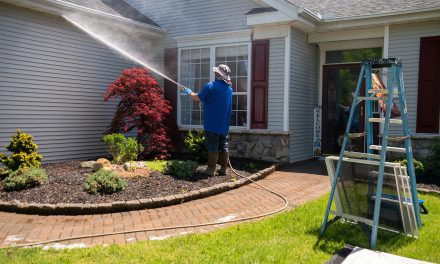Congratulations! You’ve decided to take the exciting (and sometimes daunting) step of buying your first home in Canada. While the process can be rewarding, navigating the complexities of the market can be tricky, especially for first-timers. To ensure a smooth journey, here are the top 5 mistakes to avoid:
- Skipping Pre-Mortgage Approval:
Underestimating your budget is a recipe for disappointment. Pre-mortgage approval clarifies your borrowing capacity and empowers you to focus on realistic properties. This process involves a lender assessing your income, debts, and credit score to determine the maximum mortgage amount you qualify for. With a pre-approval letter, you become a stronger contender in competitive situations and avoid the heartbreak of falling in love with a home outside your budget.
- Ignoring the Power of a Real Estate Agent:
While the internet provides a wealth of information, an experienced real estate agent offers invaluable expertise. They can guide you through the intricacies of the market, identify suitable properties based on your needs and budget, negotiate effectively on your behalf, and handle the complex paperwork involved in the transaction.
- Focusing Solely on the House and Neglecting the Neighbourhood:
While the aesthetics of the house are important, don’t get carried away and overlook the surrounding community. Research the neighbourhood’s amenities, schools, crime rates, proximity to public transportation, and future development plans. A well-located property not only enhances your quality of life but also holds better long-term value.
- Failing to Factor in Closing Costs:
The purchase price is just one piece of the financial puzzle. Closing costs, which can range from 2% to 5% of the purchase price, include lawyer fees, land transfer taxes, home inspection fees, and adjustments for property taxes. Not accounting for these additional expenses can lead to financial strain during the closing process.
- Neglecting a Home Inspection:
A home inspection by a qualified professional is crucial to uncover any potential problems with the property, ranging from structural issues to electrical hazards. This knowledge empowers you to negotiate repairs with the seller or factor in renovation costs when making an offer. Skipping this step can lead to unexpected financial burdens down the road.
Bonus Tip: Don’t Overspend on Your Down Payment
While a larger down payment reduces your mortgage amount and saves on interest, it’s crucial to maintain a healthy emergency fund. Ideally, aim for a 20% down payment; however, government programs like the First-Time Home Buyer Incentive can help with a smaller down payment (5%). Remember, you’ll need funds for unexpected homeownership expenses and shouldn’t drain your savings completely.
Taking Charge of Your First Home Purchase Journey
Being well-informed and prepared is key to navigating the Canadian housing market as a first-time buyer. By avoiding these common pitfalls and seeking professional guidance, you can increase your chances of finding a home that fits your budget and lifestyle, laying a solid foundation for your future.









